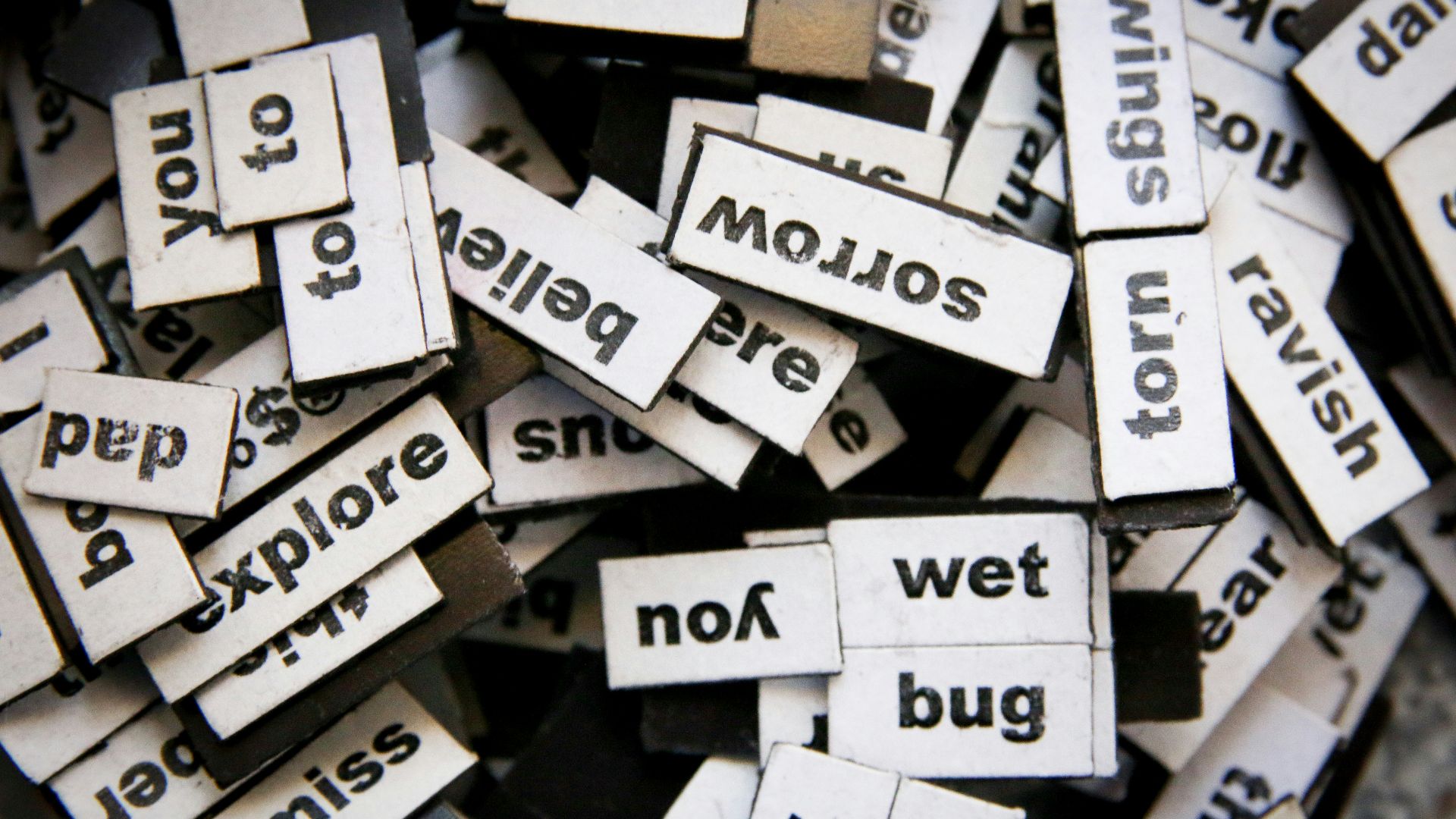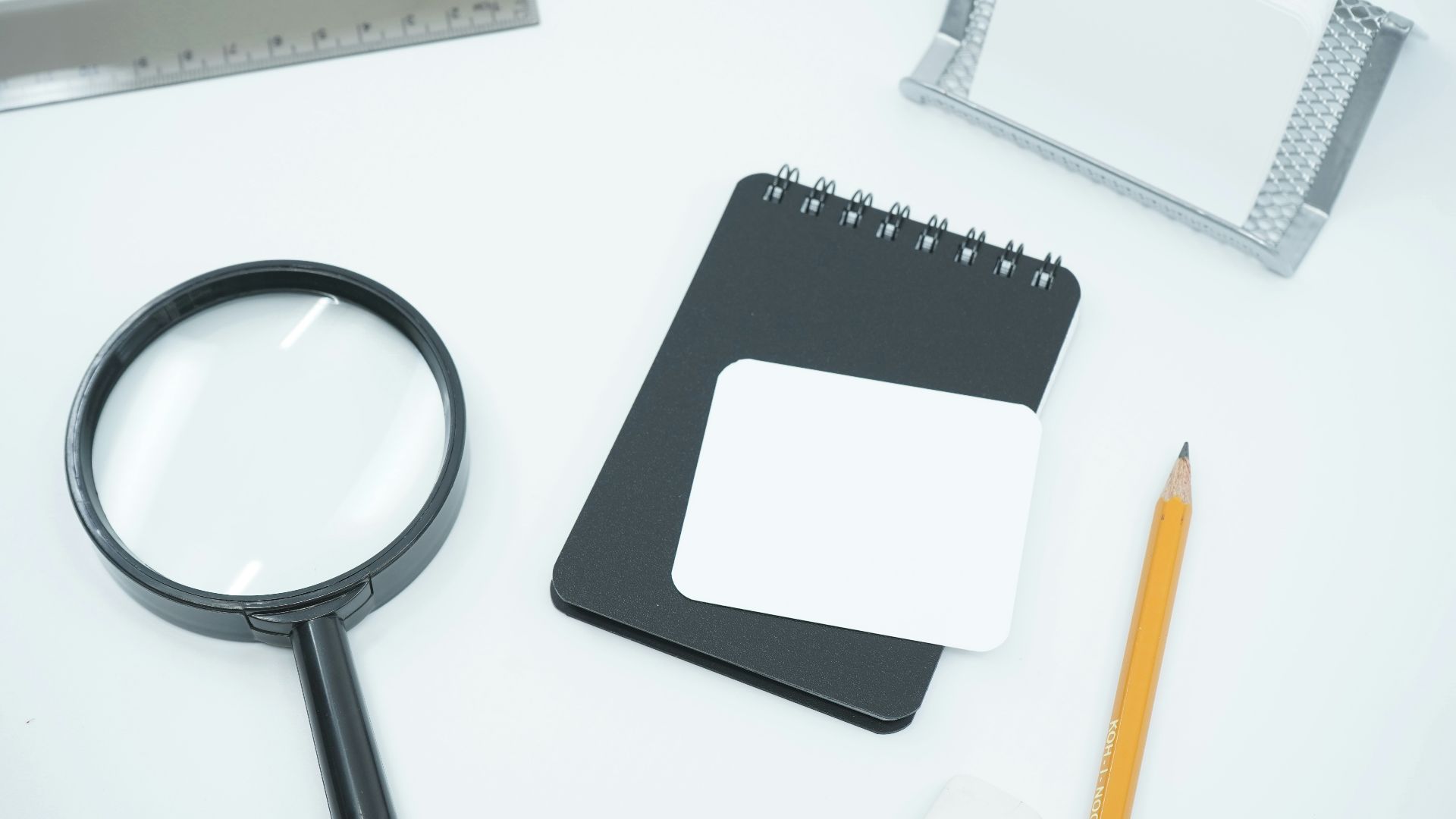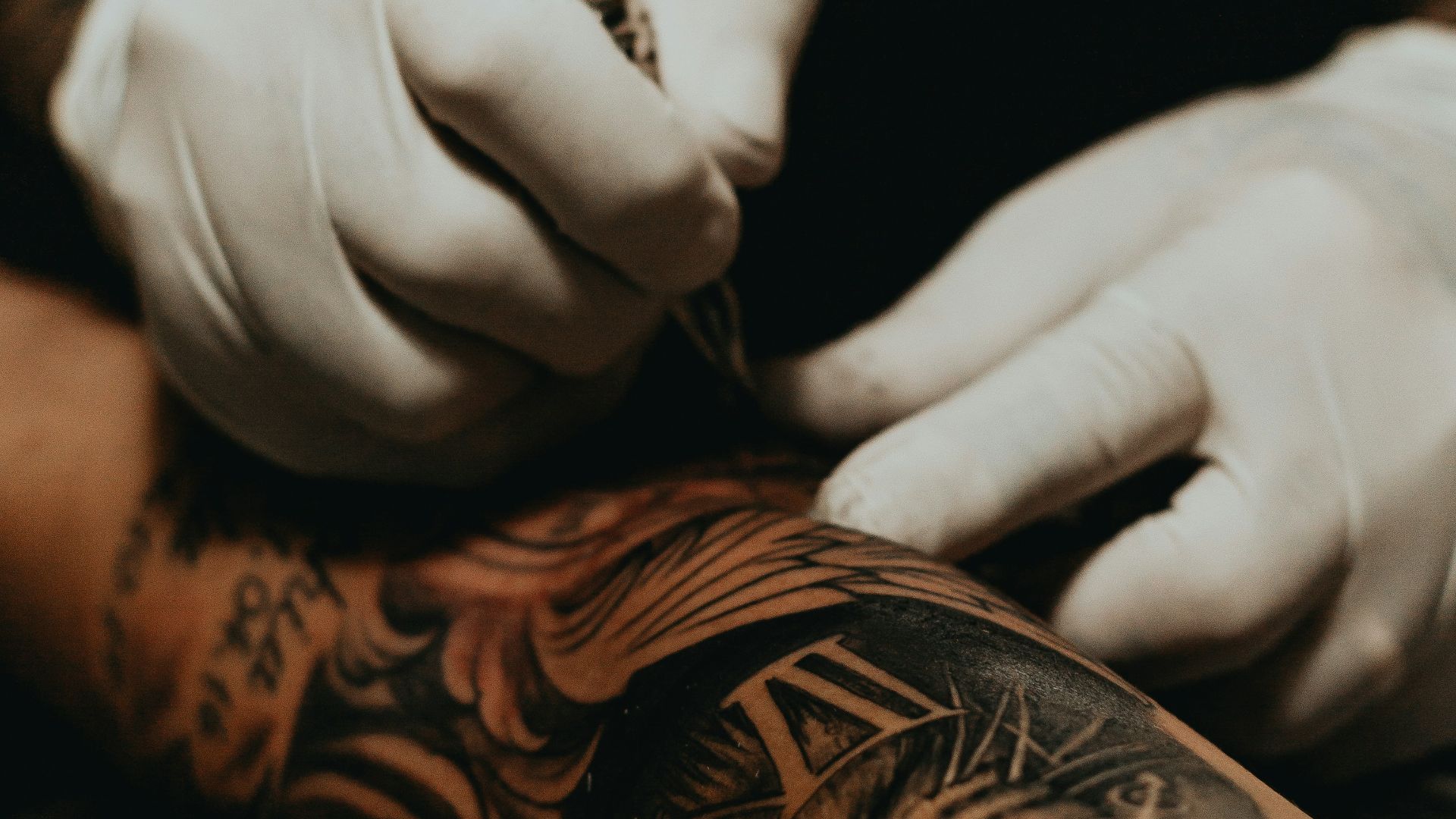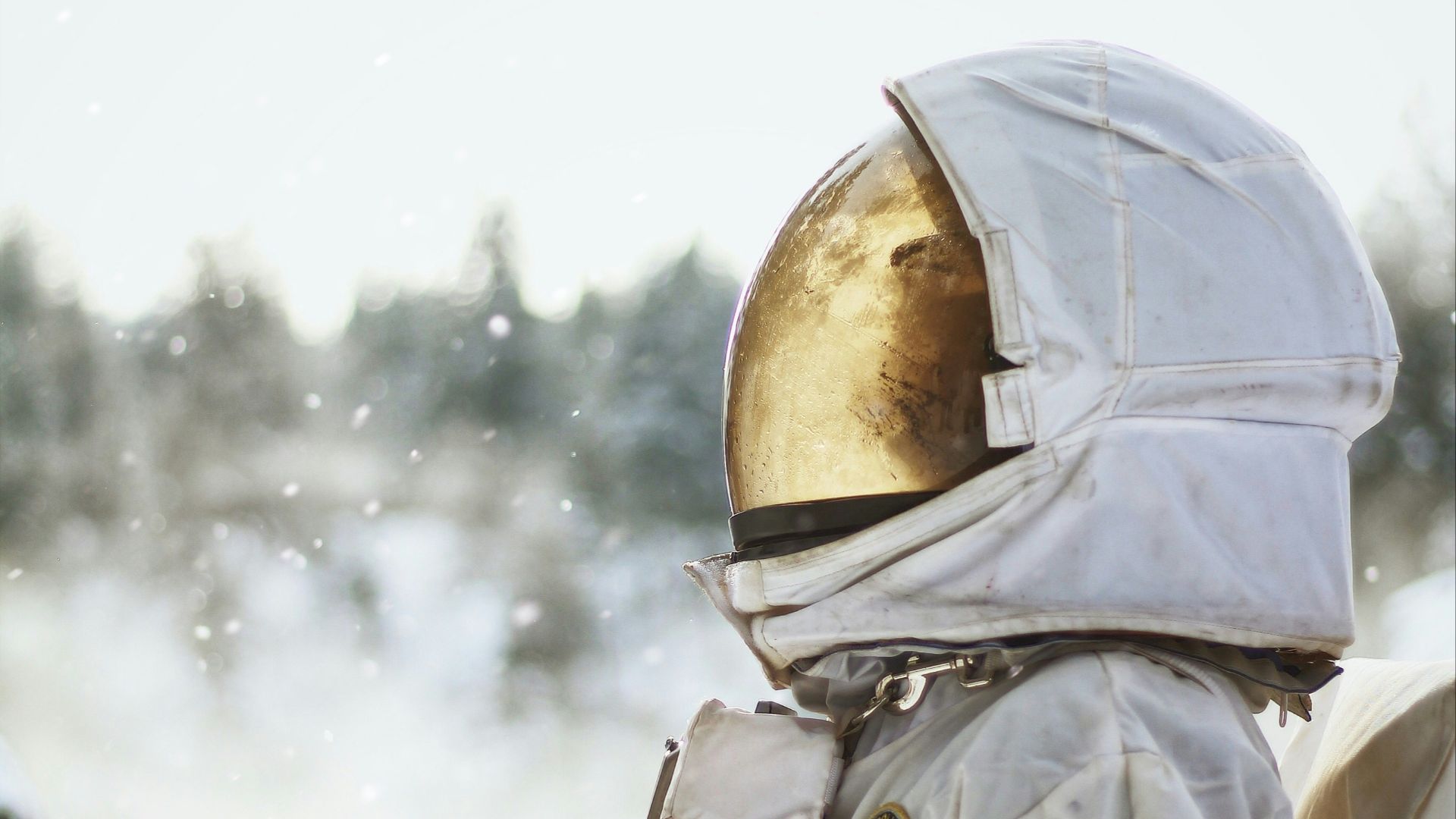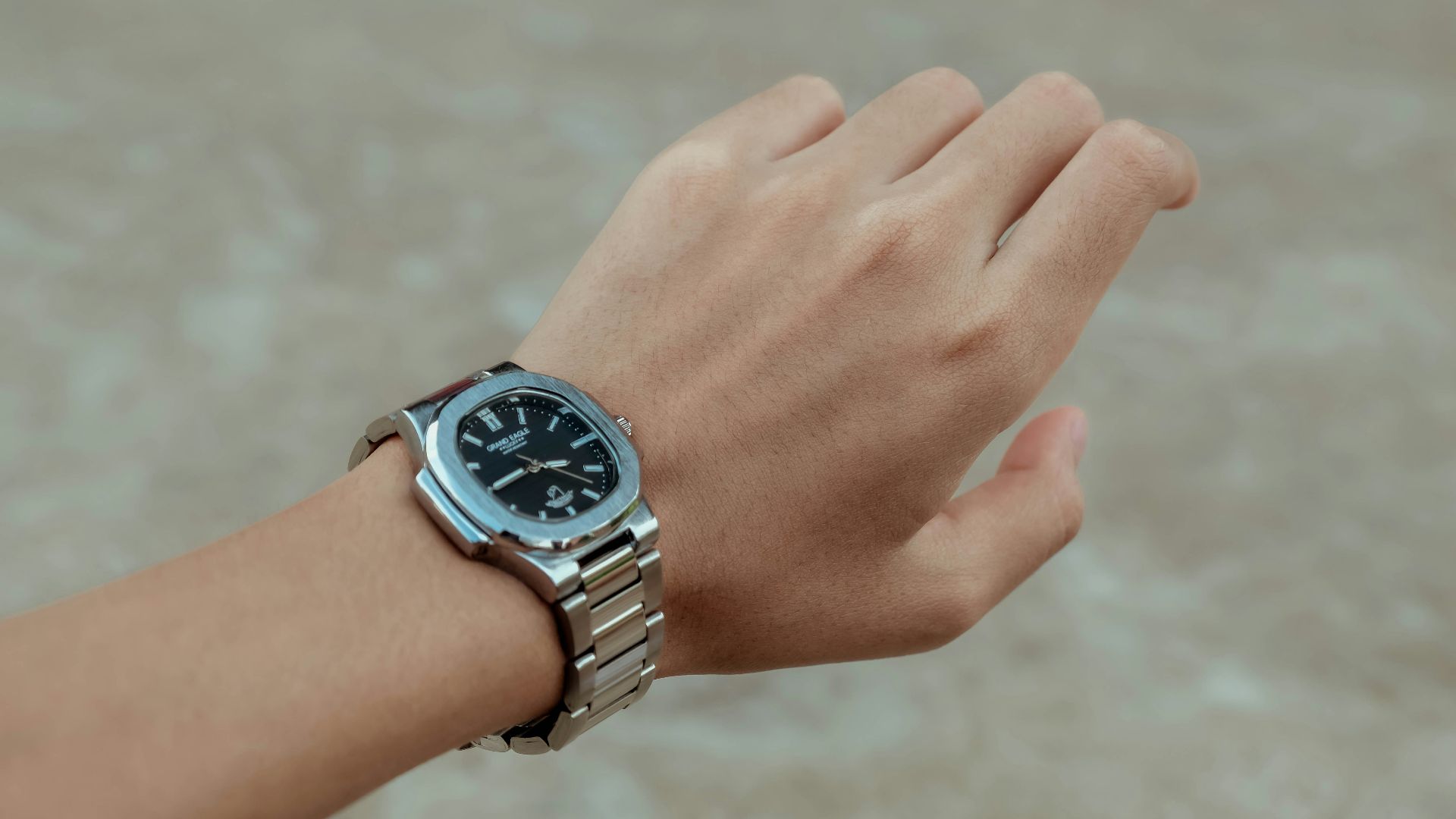Switching The Meaning
You don’t always need to understand a word to use it, but it sure is fascinating! In the criss-crossing of language, ideology, and history, we have so many words that come from 5 other words. Alternatively, a specific idea or person just makes it through the white noise of history, solidifying a term we’ll use for years to come.
1. Sandwich
This popular term for putting something between two other things for the sake of nutrition comes from an 18th-century icon. His name? John Montagu, the 4th Earl of Sandwich. As the story goes, he was deeply engaged in a card game and didn’t want to leave to eat. He ordered his servants to bring him meat between two slices of bread so he could use his other hand to play cards.
2. Gibberish
This word either comes from the onomatopoeia “gibber,” which means to speak quickly and unintelligibly, or it can come from the Romani word for language. This is in part thanks to an alchemist by the name of Jābir ibn Hayyān, who had such advanced technical jargon that nobody could read it.
3. Clue
Clue is a variant of the Ye Olde English word “clew.” This original word was actually used to describe a ball of thread, which was a popular item in literature for guiding someone out of a labyrinth. Hence, the clew became a clue as to where you previously were!
4. Nice
This word comes from the Latin word “nescius,” which actually means ignorant. Through its translations from Old French and English, the word went from meaning ignorant, to foolish, to fastidious and precise, before becoming synonymous with a generally pleasant individual during the 18th or 19th centuries.
5. Shampoo
This word actually comes from two evolutions of the Hindi word “cāṃpnā,” meaning to press or knead. It usually referred to a head massage, but evolved to mean full-body massage, and then back to washing hair sometime around the 19th century.
6. Nightmare
Coming from our favorite, Old English, nightmare comes from “niht-mære.” Not much of a difference, in that “mære” actually referred to a demon or goblin that would sit on a person’s chest while they slept. And since most folks usually sleep at night… You get the idea.
7. Chortle
Known as a portmanteau (a word that blends sounds and meanings from two other words), Chortle actually comes from famed author Lewis Carroll in Through the Looking Glass. The word is a blend of chuckle and snort, and was used to represent a gleeful laugh in the story.
8. Shambles
Before the 15th century, a “shamble” meant a “stool” or “money changer’s table.” Eventually, the word evolved to mean a “meat market” and, eventually, "slaughterhouse" by the 16th century. Thanks to its connotations with animal slaughtering, shambles became an adjective to describe a place that witnessed heavy bloodshed.
9. Robot
The word robot actually comes from the Czech word “robota,” meaning “forced labor.” It was first used in Karel Čapek's 1920 play R.U.R. (Rossum's Universal Robots), where “robot” represented artificial beings that were created to serve humans.
10. Tattoo
Stemming from the Polynesian word “tatau,” meaning “to mark” or “to strike,” English speakers blended it with the Dutch word “taptoe,” which referred to a military drum signal. Eventually, “tattoo” just became the standard word for inking your skin.
11. Factoid
This word was coined much more recently than most words on this list, first appearing in 1973. It was used by Norman Mailer in his biography, Marilyn Monroe, who described factoids as “facts which have no existence before appearing in a magazine or newspaper.” Essentially, the word factoid was actually used to describe something that looks or sounds true, but actually has no solid evidence.
12. Checkmate
This word comes from the Persian term “shāh māt,” which means “the king is defeated.” It was adopted by the French (eschec mat) before the English turned it into the word we see today. It’s one of the few words that still hold its original meaning, as it does represent a king being unable to escape capture—even if it's on a board.
13. Whiskey
This word comes from the Gaelic word “uisge breatha,” or “water of life,” which in itself comes from the Latin term “aqua vitae.” As Ireland was slowly being anglicized, however, the word was shortened to “usquebaugh,” before becoming the word we use today.
 Ambitious Studio* | Rick Barrett on Unsplash
Ambitious Studio* | Rick Barrett on Unsplash
14. Barbecue
Stemming from the Arawak term “barabicu,” which referred to a framework used to cook meat over open flame, the Spanish widely adopted the term and spread it to the English during the 17th century.
15. Mortgage
In French, “mort” means dead, and “gage” means pledge. This compound word essentially means “dead pledge,” which was used to describe a loan agreement made by two people. Either the pledge would die when the debts were paid, or it would die if the payee couldn’t maintain the payments.
16. Ambidextrous
This word has two Latin meanings. “Ambi,” which means “on both sides,” and “dexter,” meaning “right-handed.” As we had a historical hatred for left-handed folks, ambidextrous really just means “right-handed on both sides.”
17. Plumber
This word comes from the Latin word “plumbum,” meaning “lead.” As Romans used lead pipes for their water systems, the workers who installed them were known as “Plumbarius.” Eventually, the word evolved to mean anyone who dealt with water distribution.
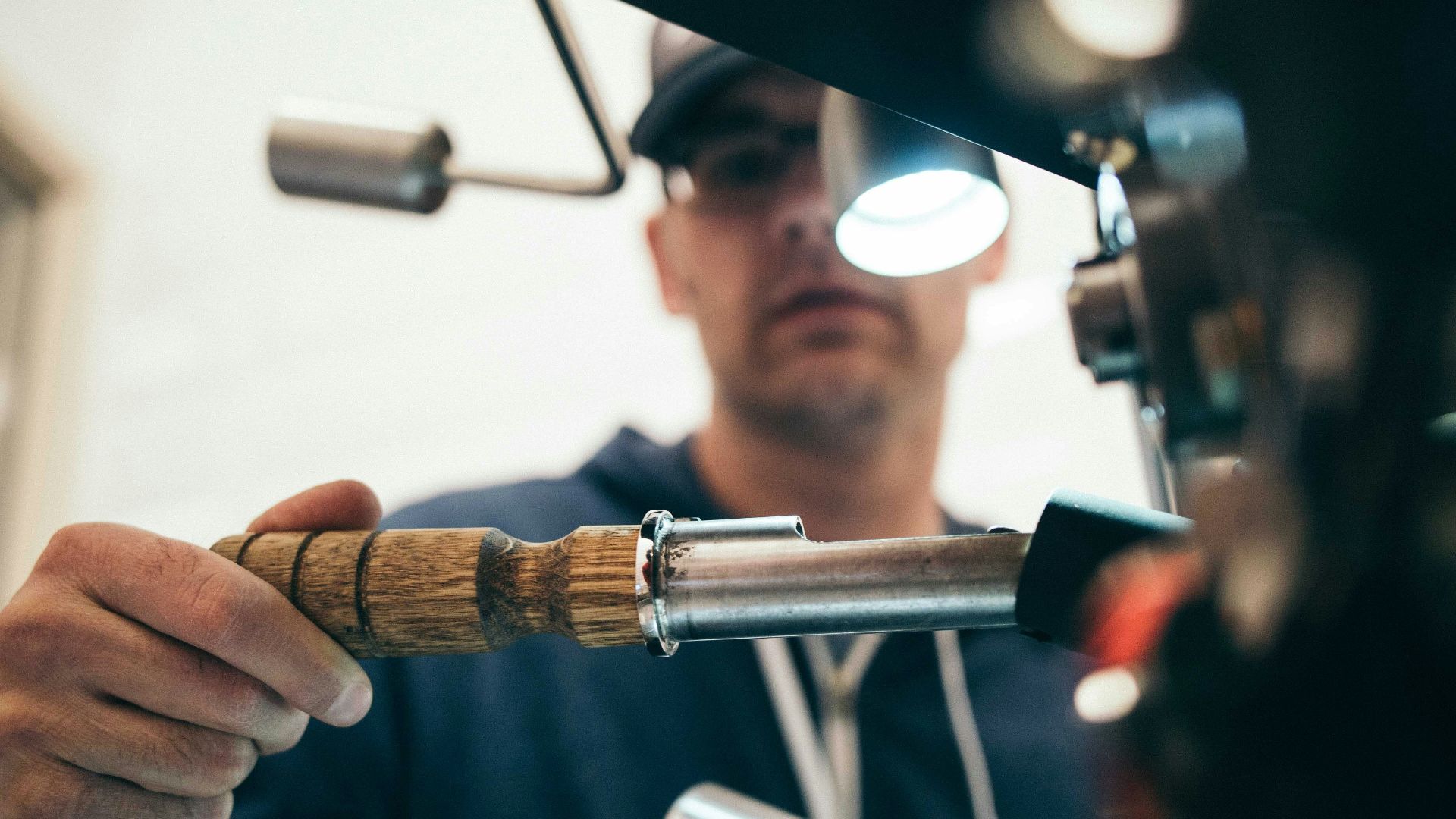 Battlecreek Coffee Roasters on Unsplash
Battlecreek Coffee Roasters on Unsplash
18. Astronaut
In Greek, the words “astron” and “nautes” mean “star sailor.” The phrase was adopted by English speakers when space travel began to become a real possibility.
19. Chronology
If you’ve done any research into Greek gods, you’ll know that “Khronos” is the god of time. The second half of the word “-ology” comes from “-logia,” which translates to “study of.” So chronology literally translates to “the study of time.”
20. School
Also from the Greeks, the word “scholē” actually meant “leisure” or “free time.” As lectures started becoming a popular pastime, the word started to mean “a place where lectures are given,” which is… pretty much correct.
KEEP ON READING

Was Caligula The Most Ruthless Roman Emperor?
Artur Matosyan on UnsplashRoman Emperor Caligula is one of ancient…
By Rob Shapiro Dec 18, 2025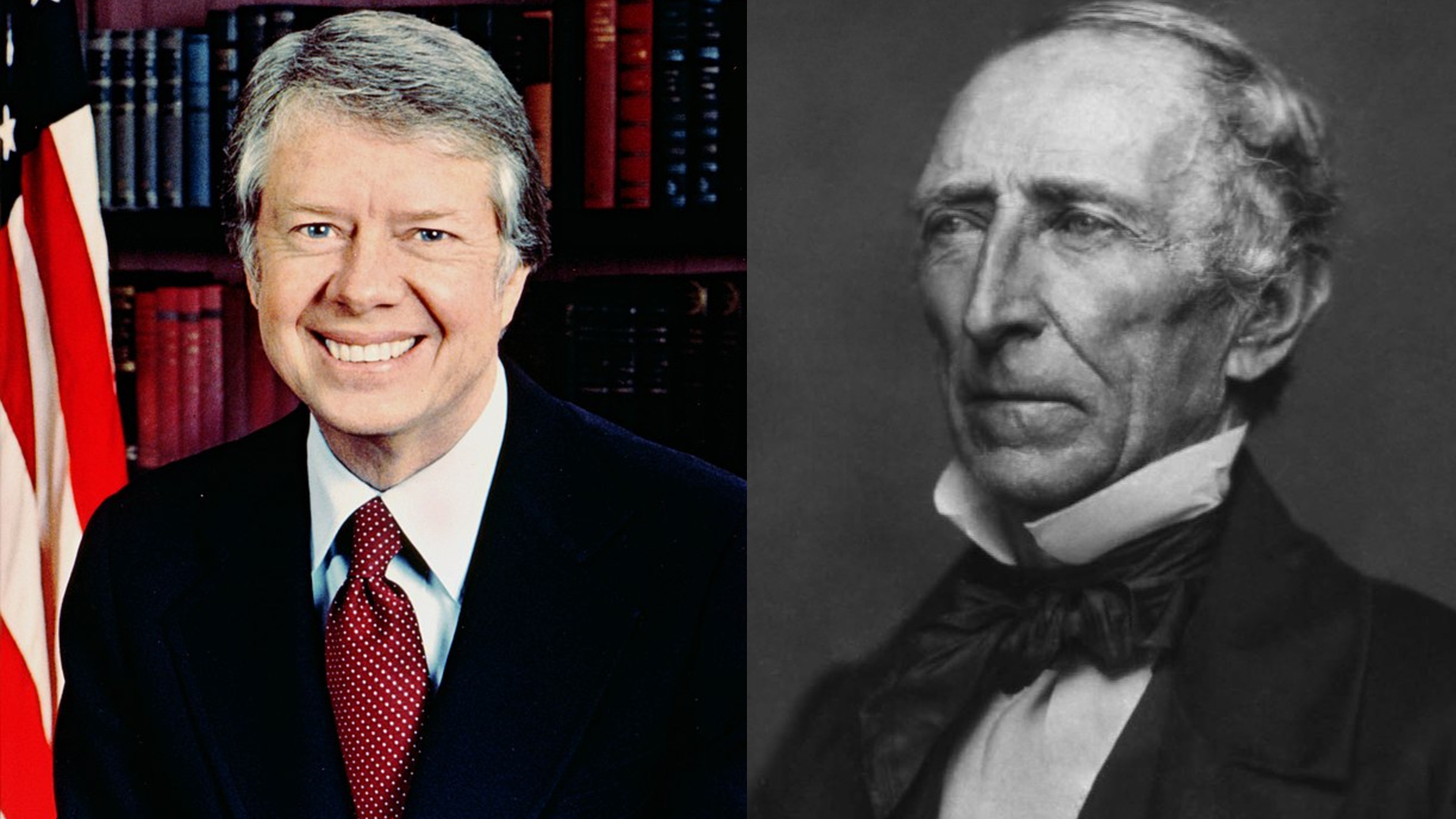
1 Weird Fact About Every President
Washington, Lincoln, FDR. Most people know something about the lives…
By Robbie Woods Dec 3, 2024
10 Actors Who Perfectly Played a Historical Figure & 10…
Which Performance is Your Favorite?. Playing the role of a…
By Rob Shapiro Sep 15, 2025
10 Actors Who Perfectly Played a Historical Figure & 10…
Portraying a real person from history is one of the…
By Noone Dec 17, 2025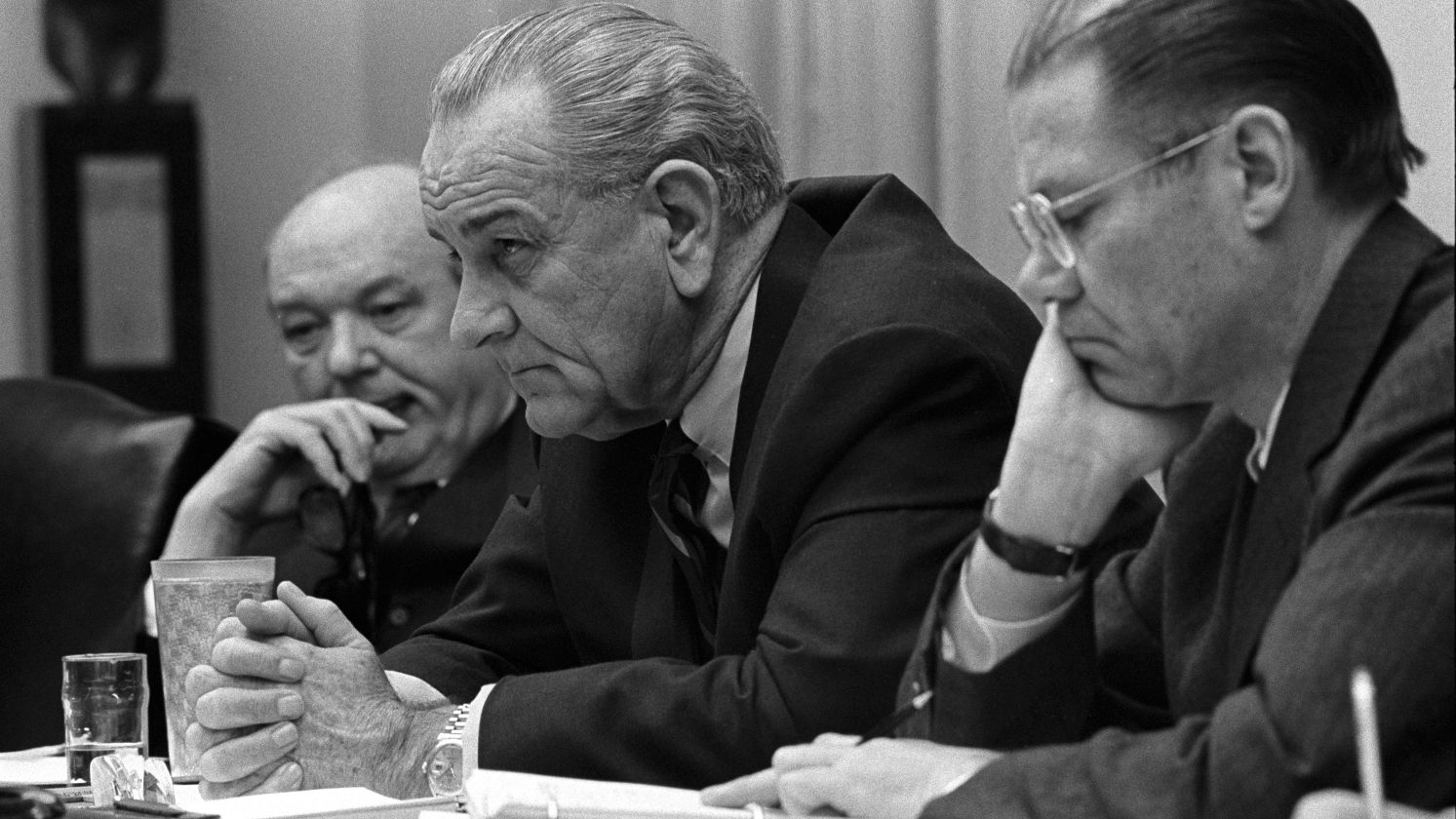
10 Actors Who Weren't Up To Playing A U.S. President…
Who Wouldn't Vote Woody Harrelson for President?. Actors who sign…
By Rob Shapiro Oct 22, 2025
10 Amazing Popes & 10 Who Weren't So Great
An Odd Cast of Characters Throughout History. From popes who…
By Henry Judd Apr 29, 2025

